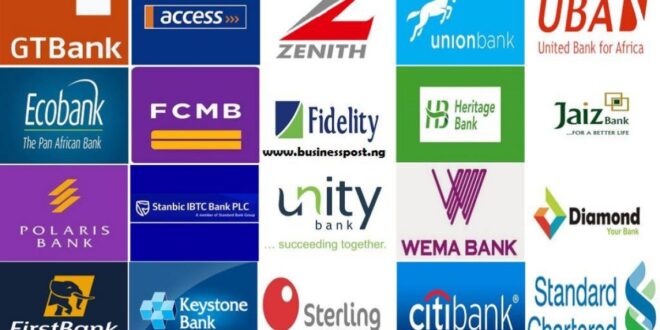The low-interest rates on the Nigerian government’s Treasury bills continue to pose risks to the profitability of local banks, rating agency Moody’s found.
In an email to Ecofin Agency, Peter Mushangwe, a banking sector analyst with the U.S. rating agency, said extremely low yields on Nigerian Treasury bills and lower lending rates will limit the net interest margins and earnings before provisions and write-offs of banks.
If Nigeria’s commercial banks do not generate sufficient revenues from their financial intermediation activities, they will have difficulty making adequate provisions for credit risks. However, the risk of default has become higher with covid-19. The pandemic has put several sectors in difficulty, notably the oil industry, which accounts for the bulk of the country’s debtors.
Interest rates on treasury bills declined for much of 2020. At the end of December 2015, they ranged between 4 and 7.45%, depending on a 3 or 12-month maturity. For the same categories of securities issued by the Nigerian Treasury in December 2020, yields for investors were 1.14% for those redeemable after 3 months and 5.6% for those redeemable after 12 months.
The challenge for the Central Bank is high. Nigerian analysts have questioned whether at some point the institution issuing and controlling the currency would stop the decline in rates. For the government, whose budget deficit is projected at 5,200 billion naira ($13.3 billion), a low-interest-rate environment would be ideal for mobilizing resources.
Even if interest rates were to rise again as a result of central bank action, the profitability of Nigerian banks is put under pressure by the level of inflation, which on a purely accounting level is squeezing real gains in financial intermediation.
Ideally, inflation should be below interest margins. But in Nigeria, price increases have reached record levels, causing net losses for financial investors.
At the end of the first nine months of 2020, the net profits of the six largest banks listed on the Nigerian Stock Exchange were up. Among them are large groups that benefit from their positioning in markets outside Nigeria, and can therefore reduce the effects of local pressure.
The FY2020 results will provide more insightful details on the situation. Moody’s believes that the cost reductions initiated in the first three quarters will be decisive.
Ecofin Agency
 The Commerce Africa African Reneissance
The Commerce Africa African Reneissance




